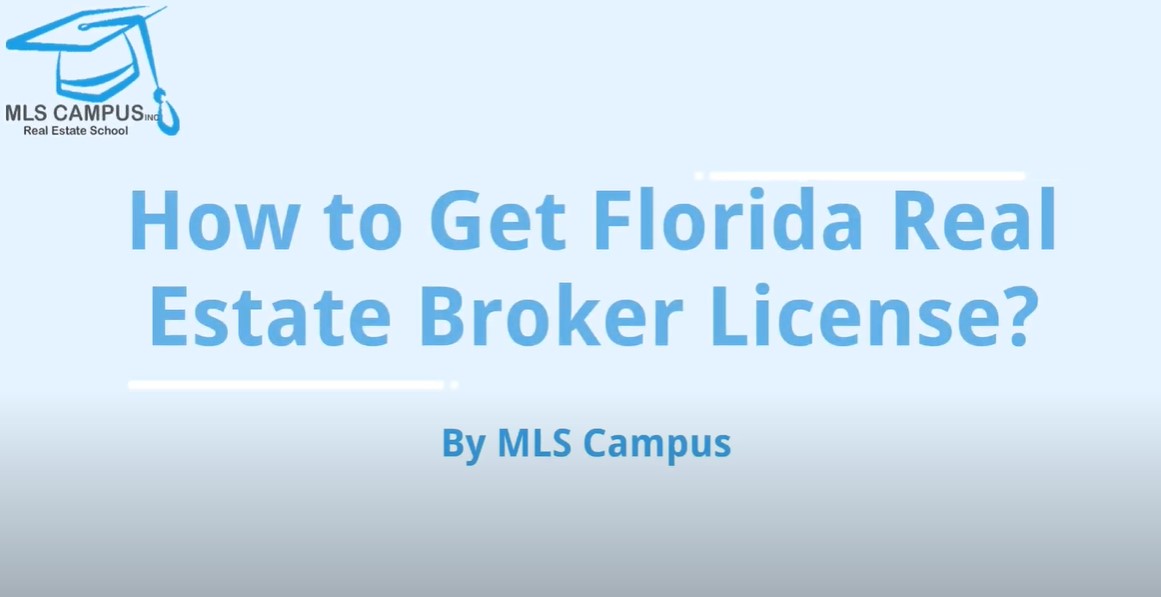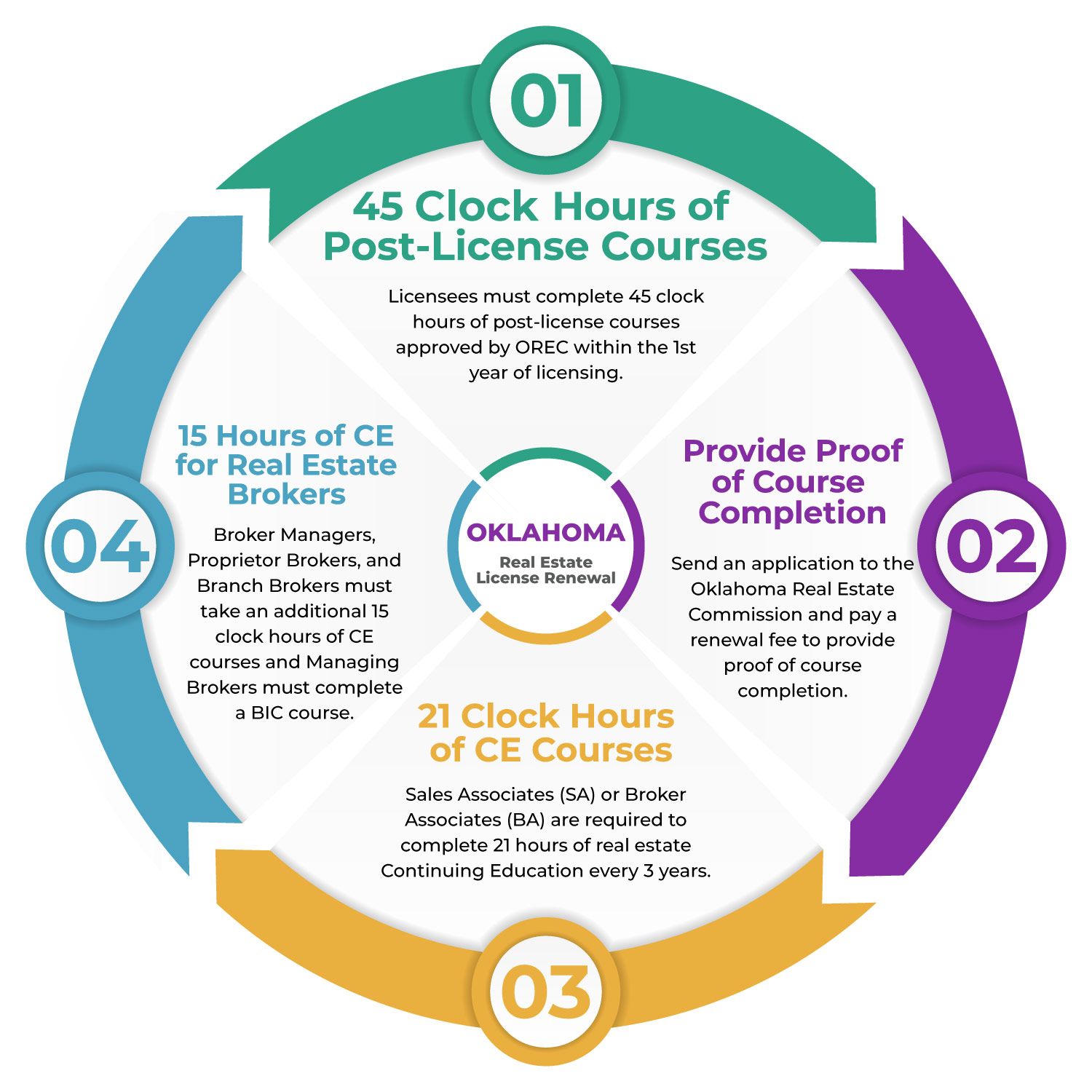
A licensed agent in real estate can help people sell or buy property. Agents usually work under the supervision of a broker who manages them.
As a realty agent, your job is to find properties for sale or rental, negotiate the terms, and ensure everything goes smoothly. There are several types of realty agents. Each one has its own responsibilities and skills.
Buyer's agent – A buyer's representative is an expert on the market and can be a great resource for information for anyone looking to purchase a home. They help clients make offers, look through the listings, and even tour the homes.
They assist their clients with closing deals and home inspections.

Flat-fee real estate agents - These are an alternative to traditional real estate agents and charge their clients a flat fee instead of a percentage of the sale price of the home.
Having a good understanding of the local real estate market is vital for a successful agent, and this includes researching current home sales, determining a fair price, and finding comparable properties to list in the MLS.
The key to success for any agent is a healthy database of leads. This can also be achieved using effective marketing techniques. You can build a strong personal brand, demonstrate your knowledge and expertise, and foster relationships with potential buyers or sellers through networking.
Agents are a great choice for people who love working with people and provide excellent customer service. This job requires the ability of being calm and able to handle stressful situations.
There are many jargons and buzzwords in the realty industry that can make it difficult for newcomers. However they don't have to be confusing as broker and agent are two of the most important jobs. The major difference is that a broker earns a salary while an agent receives commission payments on each deal they complete.

A broker is a professional with experience who oversees the work of a group of real estate agents. A broker is typically a more qualified professional than an agent and can sometimes own their own brokerage company.
They may have better knowledge of the realty market than an agent. Agents can also use them to help set goals for their business growth. They can also reinvest profits from the company's bottom line back into the brokerage, which helps it to grow and flourish.
Associate broker - An associate broker is an experienced real estate agent who has the necessary qualifications to earn more money than an average real estate agent but doesn't hold a license that qualifies them to function as a principal or management level broker. They usually work for a brokerage until they gain enough experience. Then, they open their own company where their earning potential is unlimited.
FAQ
What flood insurance do I need?
Flood Insurance protects against damage caused by flooding. Flood insurance protects your possessions and your mortgage payments. Learn more about flood coverage here.
Is it better for me to rent or buy?
Renting is typically cheaper than buying your home. However, you should understand that rent is more affordable than buying a house. You also have the advantage of owning a home. For example, you have more control over how your life is run.
How can I eliminate termites & other insects?
Termites and many other pests can cause serious damage to your home. They can cause serious destruction to wooden structures like decks and furniture. It is important to have your home inspected by a professional pest control firm to prevent this.
Statistics
- 10 years ago, homeownership was nearly 70%. (fortunebuilders.com)
- When it came to buying a home in 2015, experts predicted that mortgage rates would surpass five percent, yet interest rates remained below four percent. (fortunebuilders.com)
- This seems to be a more popular trend as the U.S. Census Bureau reports the homeownership rate was around 65% last year. (fortunebuilders.com)
- This means that all of your housing-related expenses each month do not exceed 43% of your monthly income. (fortunebuilders.com)
- It's possible to get approved for an FHA loan with a credit score as low as 580 and a down payment of 3.5% or a credit score as low as 500 and a 10% down payment.5 Specialty mortgage loans are loans that don't fit into the conventional or FHA loan categories. (investopedia.com)
External Links
How To
How to Manage a Rent Property
It can be a great way for you to make extra income, but there are many things to consider before you rent your house. This article will help you decide whether you want to rent your house and provide tips for managing a rental property.
If you're considering renting out your home, here's everything you need to know to start.
-
What is the first thing I should do? Take a look at your financial situation before you decide whether you want to rent your house. If you have debts, such as credit card bills or mortgage payments, you may not be able to afford to pay someone else to live in your home while you're away. Your budget should be reviewed - you may not have enough money to cover your monthly expenses like rent, utilities, insurance, and so on. This might be a waste of money.
-
How much does it cost for me to rent my house? The cost of renting your home depends on many factors. These factors include the location, size and condition of your home, as well as season. Remember that prices can vary depending on where your live so you shouldn't expect to receive the same rate anywhere. Rightmove estimates that the market average for renting a 1-bedroom flat in London costs around PS1,400 per monthly. This would translate into a total of PS2,800 per calendar year if you rented your entire home. While this isn't bad, if only you wanted to rent out a small portion of your house, you could make much more.
-
Is it worth it? It's always risky to try something new. But if it gives you extra income, why not? Be sure to fully understand what you are signing before you sign anything. Renting your home won't just mean spending more time away from your family; you'll also need to keep up with maintenance costs, pay for repairs and keep the place clean. Make sure you've thought through these issues carefully before signing up!
-
Are there any advantages? Now that you have an idea of the cost to rent your home, and are confident it is worth it, it is time to consider the benefits. There are many reasons to rent your home. You can use it to pay off debt, buy a holiday, save for a rainy-day, or simply to have a break. You will likely find it more enjoyable than working every day. You could make renting a part-time job if you plan ahead.
-
How do you find tenants? After you have decided to rent your property, you will need to properly advertise it. You can start by listing your property online on websites such as Rightmove and Zoopla. Once you receive contact from potential tenants, it's time to set up an interview. This will help to assess their suitability for your home and confirm that they are financially stable.
-
How can I make sure I'm covered? If you're worried about leaving your home empty, you'll need to ensure you're fully protected against damage, theft, or fire. Your landlord will require you to insure your house. You can also do this directly with an insurance company. Your landlord will often require you to add them to your policy as an additional insured. This means that they'll pay for damages to your property while you're not there. However, this doesn't apply if you're living abroad or if your landlord isn't registered with UK insurers. In this case, you'll need to register with an international insurer.
-
You might feel like you can't afford to spend all day looking for tenants, especially if you work outside the home. It's important to advertise your property with the best possible attitude. You should create a professional-looking website and post ads online, including in local newspapers and magazines. A complete application form will be required and references must be provided. While some prefer to do all the work themselves, others hire professionals who can handle most of it. Interviews will require you to be prepared for any questions.
-
What should I do after I have found my tenant? If you have a lease in place, you'll need to inform your tenant of changes, such as moving dates. Otherwise, you can negotiate the length of stay, deposit, and other details. You should remember that although you may be paid after the tenancy ends, you still need money for utilities.
-
How do you collect rent? When it comes time for you to collect your rent, check to see if the tenant has paid. You'll need remind them about their obligations if they have not. Before you send them a final invoice, you can deduct any outstanding rent payments. If you're struggling to get hold of your tenant, you can always call the police. They will not usually evict someone unless they have a breached the contract. But, they can issue a warrant if necessary.
-
How can I avoid potential problems? Although renting your home is a lucrative venture, it is also important to be safe. Consider installing security cameras and smoke alarms. Make sure your neighbors have given you permission to leave your property unlocked overnight and that you have enough insurance. Do not let strangers in your home, even though they may be moving in next to you.